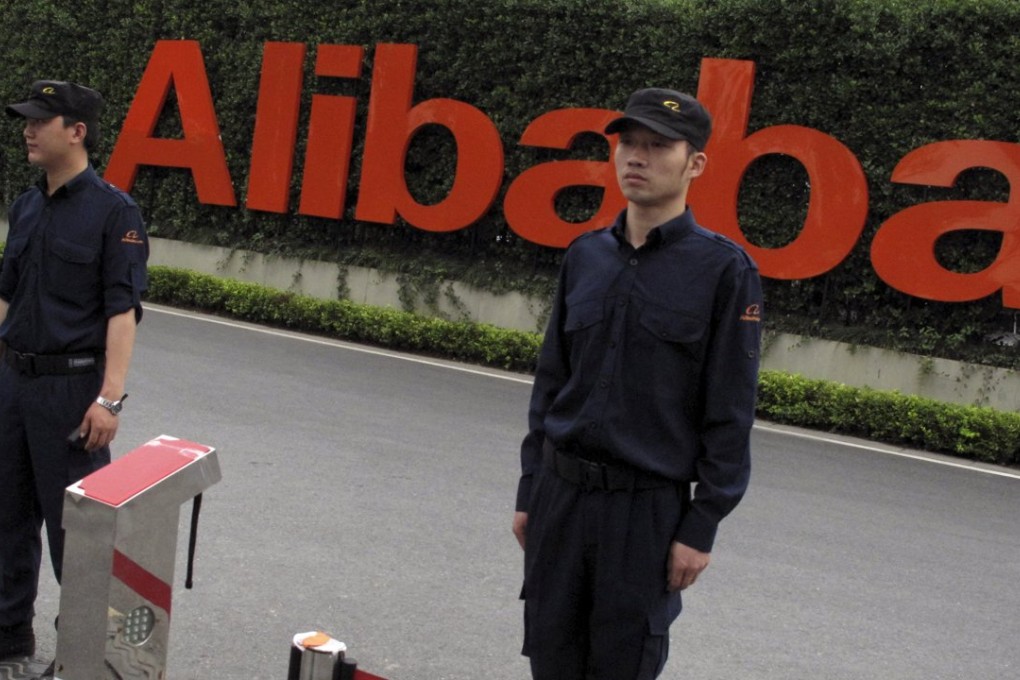Money Matters | If faith is all you need, why hire independent financial advisers?
Beyond the number crunching on HK$4 billion Ali Pictures asset injection lies a different reality

There is no better job in the local financial industry nowadays than that of an independent financial adviser. Just look at a HK$4 billion asset injection by Alibaba Group.
The e-commerce giant is selling two loss-making online divisions to its recently acquired listed company, Alibaba Pictures, in return for the big cash.
They are the movie ticketing business of taobao.com and a crowdfunding platform for film and television programmes that takes bets as small as 100 yuan (HK$119.57). Both were launched early last year.
There is no financial statement. Its newly issued circular said the businesses recorded no revenue, negative cash flow and an unaudited after tax loss of 141 million yuan last year.
There is no detailed business plan. Management says it expects the ticketing business – its key source of loss – to remain in the red “in the near future” until the day online purchases become dominant.
Yet its independent directors are recommending the deal to minority shareholders because it was recommended by the independent adviser, Somerley Capital.
